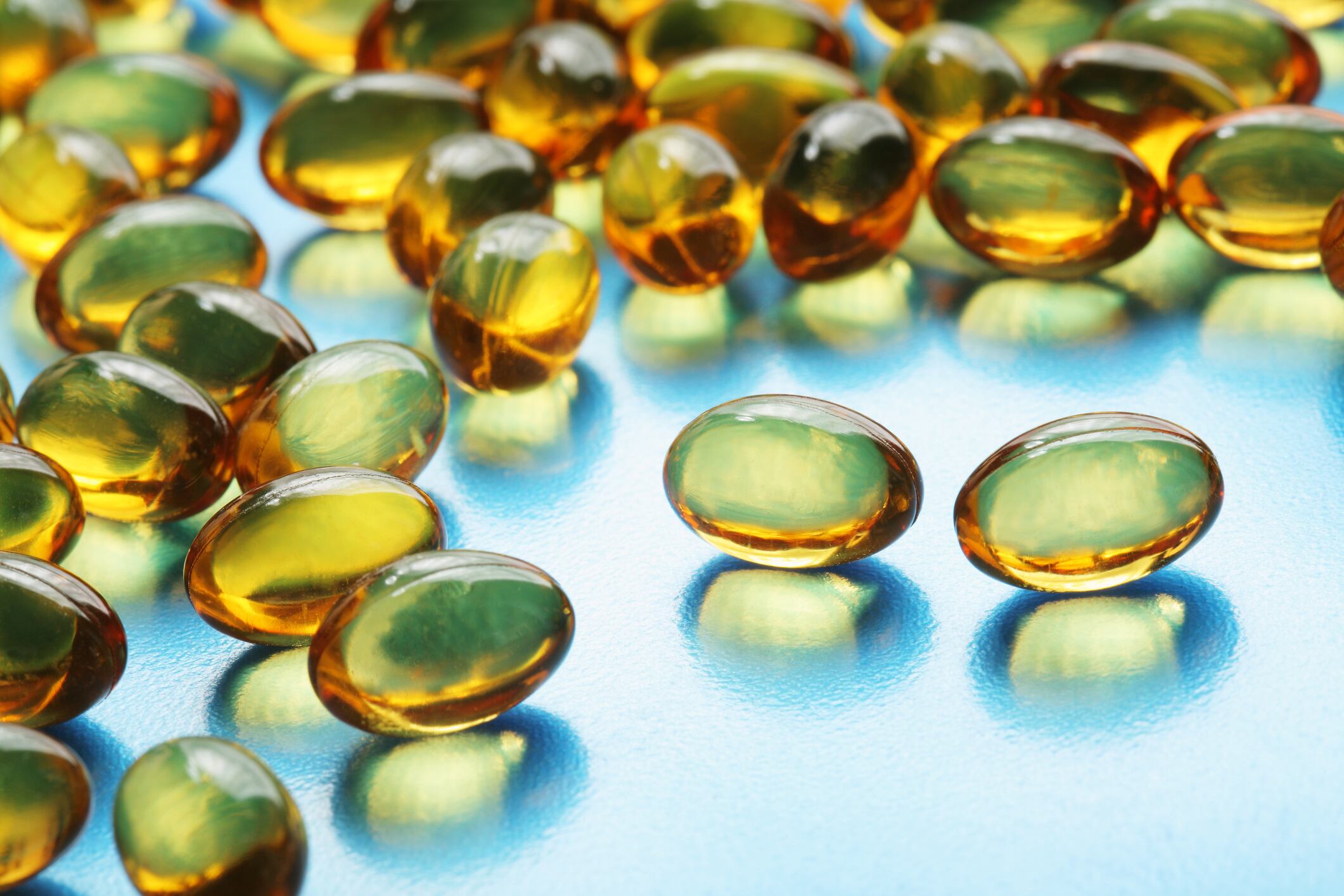The efficiency of nutraceuticals is affected by different complex parameters, including the bioavailability of the ingredient and the presence of other components, whether in the product itself or in the diet of the consumer. What's more, due to the limited stability of many constituents of nutraceuticals, manufacturing is commonly done with excess in order to assure a sufficient quantity during the product’s shelf life. These challenges can lead to a considerable variability of the content of the active ingredient in products.
According to the European Commission (EC) guidance document, the acceptable content of most vitamins is in the range of 80–150% of the declared content. Not meeting this content-related quality criteria is misleading for consumers, and it can sometimes present a health risk.
The present study, published in 'foods', aimed to investigate whether the contents of supplements were as labelled across a selection of folic acid (as 5-methyltetrahydrofolate (5-MTHF)) sold specifically for use in pregnancy (six samples studied) and vitamin D marketed to the general population (24 samples studied).
The study was done on supplements from the global supply that are typically used by Slovenian consumers. Samples were taken from one production batch of 30 different food supplements.
Results revealed some samples had vitamin contents vastly outside the 80–150% tolerance interval. The content of 5-MTHF in one folic acid sample was above the tolerable upper level (UL) for folate intake (1000 µg per dosage).
The report concludes: "In both types of food supplements, we found samples with a very low vitamin contents - 0% and 36% for 5-MTHF and vitamin D, respectively - as well as products with more than double quantity of the expected amount of the active ingredient. These results show the need for the better quality control of the food supplements.
"Food manufacturers need to assure sufficient quality control both in the manufacturing process and in products’ shelf lifetimes. Additionally, regular quality control measures for content should be conducted by the authorities. In the absence of regulatory conditions for good manufacturing practices, voluntarily quality control schemes would enable consumers to identify products of sufficient quality."
The investigation
Screening for the folic acid samples was done using the government-authorised online pharmacy Lekarna Nove Poljane using the search terms 'folic acid' and 'pregnancy'.
The final sample was composed of six food supplements. All selected food supplements were purchased in October 2020, verified to be within the usage shelf life as defined by the manufacturer, and sent to the laboratory for analyses. Samples contained folate in the form of either (a) calcium-l-methylfolate or (b) glucosamine salt of (6S)-5-methyltetrahydrofolic acid; both are approved for use in food supplements in the EU. All products were international brands marketed across the EU.
5-MTHF was measured using the accredited liquid chromatography–mass spectrometry (LC–MS/MS) method SOP M3816.
Only three samples (50%) were found to be within the 80–150% tolerance interval. One sample was considerably above the 150% margin, and two were below the 80% margin. One did not even contain a measurable level of 5-MTHF. As disclosed by market recalls in different EU countries, the manufacturer has suspended the production and sale of the product due to diminishing levels of folate.
To choose from the vast quantity of vitamin D supplements marketed to the general population, the researchers conducted a survey on Slovenian consumers to identify most commonly used vitamin D supplements. This received 688 valid responses, reporting the use of 95 different supplements.
A decision was taken to include food supplements that (a) had at least three reported users in the survey, (b) were labelled to contain 10–100 µg of vitamin D, (c) were from different manufacturers, and (d) were not multi-component supplements. The majority of the products were international brands that are marketed across the EU. The content of holecalciferol was measured using the accredited LC–MS/MS method MP 1570 rev 2/2017.
With the exception of two samples, all others (N = 22; 92%) were compliant with the EC tolerance interval. One sample was above the 150% margin (NUT20/D/5; 206%), while one sample was considerably below the 80% margin at just 36% (9 µg of cholecalciferol instead of the declared 25 µg).
Both of samples that were outside the 80–150% of declared content level had an above-average number of users according to the survey (270% above average).
Supplement regulation
In the European Union (EU), food supplements are regulated as foods, and their quality is under the responsibility of food business operators (e.g., producers and distributors). The regulation defines food supplements as “foodstuffs, the purpose of which is to supplement the normal diet and which are concentrated sources of nutrients or other substances with a nutritional or physiological effect.”.
The present study states: "While businesses dealing with food supplements in the EU need to comply with Hazard Analysis Critical Control Points (HACCPs), there is no requirement for good manufacturing practices (GMPs). The fact that quality standards and registration costs for food supplements are not comparable with medicinal products should be reflected in lower manufacturing expenses. In theory, this should result in more affordable (cost-effective) products of sufficient quality for supplementing normal diets.
"Additionally, because food supplements are not labelled with detailed warnings and possible adverse effects (which are required for medicines), consumers can perceive them as safer for use. Paradoxically, concerns regarding the quality of food supplements in Europe have been raised, suggesting the need for a stricter regulatory environment."
Source: Foods
Žmitek, K.; Krušič, S.; Pravst, I.
"An Approach to Investigate Content-Related Quality of Nutraceuticals Used by Slovenian Consumers: A Case Study with Folate and Vitamin D Supplements"
https://doi.org/10.3390/foods10040845





